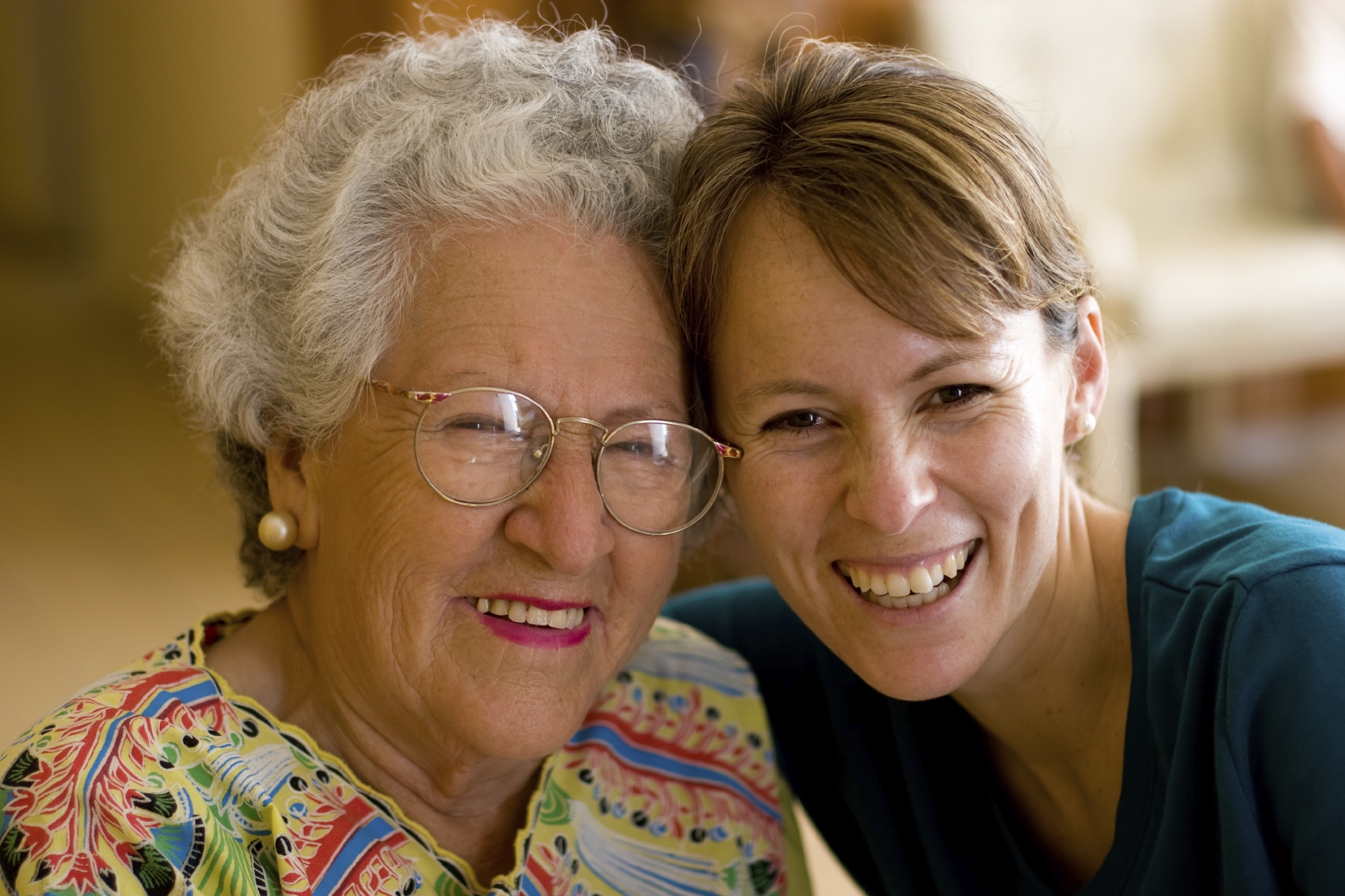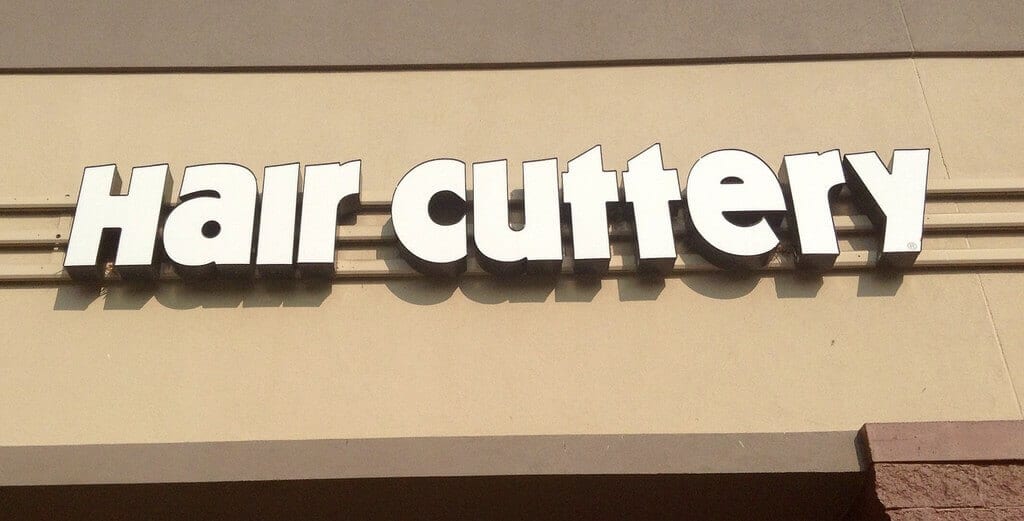Table of Content
We encourage you to contact your region office for an explanation of any of the deficiencies, or for additional information about this facility's compliance. Resolved "On Site" means that a violation was resolved during the Licensing Specialist's inspection. Providing child care in your home (alberta.ca) This document provides recommendations and best-practices for providing child care in a home-based setting. Both licensing designations ensure that care providers meet the industry standards through either the province or city, based on the care they provide. View child care resources regarding COVID-19 and Monkeypox information from the Center for Disease Control and the Michigan Department of Health and Human Services. Ask the family day home provider to show you their voluntary registration certificate .

After you submit a complete renewal application packet, including renewal fee, an on-site inspection will occur. If you continue to remain in compliance with the rules and the law, you will then be issued a regular license that is valid for 2 years. The process requires that family and Group Child Care Home licensees are in compliance with rules for Family and Group Child Care Homes. Submit a complete initial application for licensure through the Child Care Application Processing System online portal.
Social
Inspection reports are posted with the most recent inspection displayed first. Details of the inspection reports highlights the areas reviewed, technical assistance provided during the inspection, and the inspector’s comments. Specific information on violations are available and include specific standard numbers, description of the violation, and the center’s response and/or corrective action if provided. The Virginia Department of Education inspects licensed programs prior to operation, twice per year for unannounced inspections, as needed for program development, and in response to complaints. 5.If a complaint about your child care home is received by licensing, an investigation may be conducted and may include an inspection of your home. Prior to the expiration of the 6 month original license, you will receive a renewal application packet.
Family child care home providers care for a small group of children in their own private home, such as a house, apartment, or condo unit. These documents should cover important topics, including hours of operation, rates, fees, field trip permission slips, transportation agreements, and absence policies. Read more about recommended items that should be included in a child care contract.
About the Child Care Licensing Bureau
Providers may have additional education, such as a degree in early childhood education, community college courses, or training through child care associations. Providers may receive accreditation through the National Association for Family Child Care . This organization’s mission is to recognize high quality in family child care. If you are considering family child care, it is important to learn about how your state or territory regulates family child care homes so you can choose the safest care option for your child.
Depending on the rules in your state, family child care providers may or may not be required to be licensed. Licensed providers are required to follow a set of basic health and safety requirements. Licensing agency staff visit family child care homes regularly to make sure they are meeting these health and safety requirements.
Family Child Care Home Licensing Information
As a regular Family Child Care Assistant, you can provide care under the supervision of a licensed Family Child Care provider or certified Family Child Care assistant. You can care for the children alone for a limited period of time if you are First Aid and CPR certified. Choosing quality child care is one of the most important decisions you’ll ever make as a parent.

Zoning verification may be needed if there are requested changes in capacity or a special use permit has expired. Contact your licensing inspector or the Office of Child Care Health and Safety in your region. Homes that served no children were not counted in the number of sites.
Family child care providers may or may not hire additional staff to work in the child care home. Learn more about the 12 health and safety trainings that all adults caring for children should have. The question of whether a family child care provider is required to be licensed or is license exempt often depends on the number of children the provider cares for. For example, some states require family child care homes to be licensed if they care for more than one child who is not related to the provider. Some states don’t require any regulations unless the provider is caring for six or more children.

To search for licensed family child care homes near you through your state or territory’s online child care search, go to the "Find Child Care" page and select your state or territory. The age groups included in this total capacity are Infant, 6 weeks – 14 months and Toddler, 15 weeks – 23 months. Licensed child care centers and family child care homes do not serve children younger than 6 weeks.
After you have completed steps 1-4 and your application is complete, a licensing inspector will contact you to schedule an inspection of your home. Sessions that include school-age children are not included in IECAM. The number reported here is the “minimum known” because not all sites that report to INCCRRA report their capacity by age groups. You must complete and submit all the information and forms required in the application packet.

A family child care home may be classified as large or small, depending on how many children are cared for. The number of infants and toddlers that can be cared for in a family child care home is often limited. In 2014, legislation was passed that changed the number of unannounced visits from two per year to one per year in Child Care Centers, Group Child Care Homes, and Licensed Family Child Care Homes. As a result of this new law, you may see a decrease in the number of deficiencies listed on this website for these types of providers. Unannounced visits are still made in response to a complaint, and visits are scheduled with the facility during the re-licensing process, which occurs every two years.
To help streamline the process, the Child Care Licensing Bureau has developed a form for licensees to request the increase in capacity and a variance to allow for a ratio increase. The Child Care Licensing Bureau performs state licensing regulatory duties as required by state laws and federal requirements. If you plan to move, contact licensing prior to the move so that you can apply for a license at your new address. If you move to a new address and do not contact this office, your license is no longer valid at the new address.

Information and resources related to child care licensing, the Child Care Subsidy Program, and professional development may be found at These are significant violations of child care regulations and could negatively impact the health and safety of children. If you would like an explanation of any of the deficiencies, or would like additional information about this facility's compliance, please contact your regional office. These are the most serious violations of child care regulations and could pose a risk to the health and safety of children.

No comments:
Post a Comment